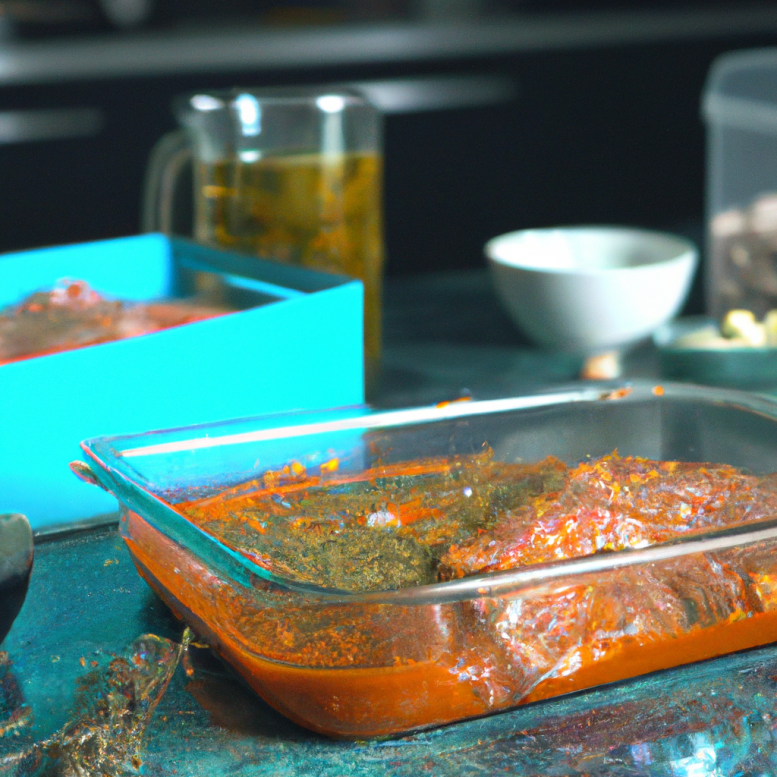When it comes to BBQ, everyone knows that the rub and sauce are essential for creating mouth-watering flavor. But there’s another ingredient that often goes overlooked: brine. Brining your meat before cooking can make a significant difference in the final taste and texture. In this post, we’ll dive into the science behind brining and why it’s a game-changer in the world of BBQ.
What is Brine?
At its simplest, brine is a solution of salt, water, and sometimes sugar and other flavorings. When meat is soaked in brine, the salt solution helps to break down the protein, resulting in a more tender and juicy final product. The salt also helps to season the meat from the inside out, resulting in a more flavorful finished product.
The Science Behind Brining
When meat is cooked, its proteins denature and coagulate, resulting in a tougher and drier finished product. However, when meat is brined, the salt helps to break down the proteins, resulting in a more tender and juicy final product.
Brining also helps to prevent moisture loss during cooking. When meat is cooked, it can lose up to 30% of its weight in moisture. However, when meat is brined, the salt solution helps to keep the moisture inside the meat, resulting in a more succulent final product.
Types of Brine
There are several types of brine, and each has its unique flavor profile. Here are a few examples:
- Basic Brine: This is the simplest type of brine and consists of water, salt, and sugar. It’s a great all-purpose brine for any type of meat.
- Herb Brine: This type of brine includes herbs like rosemary, thyme, and sage, and can add a complex flavor profile to your meat.
- Beer Brine: If you’re looking to add a unique flavor to your meat, try a beer brine. The hops in the beer can add a bitter and floral note to your finished product.
Tips for Brining
- Use the right ratio of salt to water. A good rule of thumb is to use 1 cup of kosher salt per gallon of water.
- Brine for the right amount of time. The amount of time you need to brine your meat depends on the size and type of meat. A general rule of thumb is to brine for 1 hour per pound of meat.
- Rinse your meat before cooking. After brining, be sure to rinse your meat thoroughly to remove any excess salt.
Unlock Flavorful Perfection
Brining is an often-overlooked step in the BBQ process, but it can make a significant difference in the final product’s taste and texture. By understanding the science behind brining and experimenting with different types of brine, you can take your BBQ game to the next level. So, the next time you fire up your smoker or grill, give brining a try and taste the difference for yourself.

